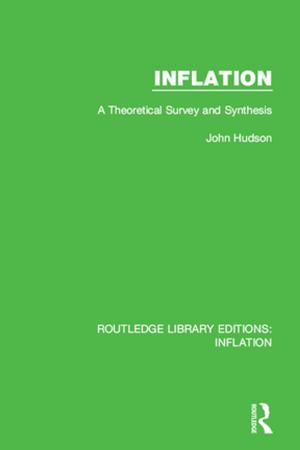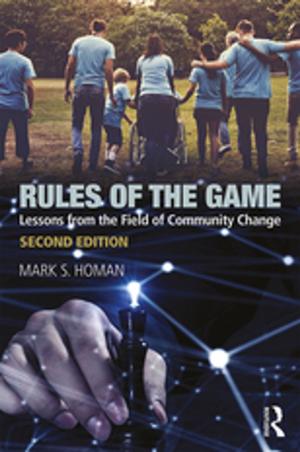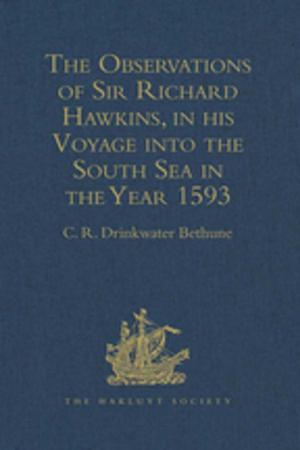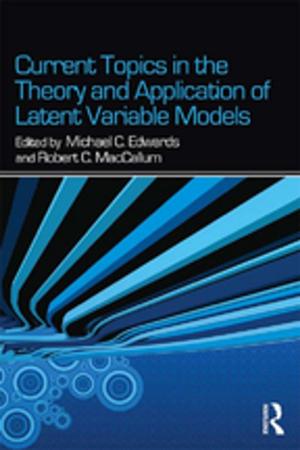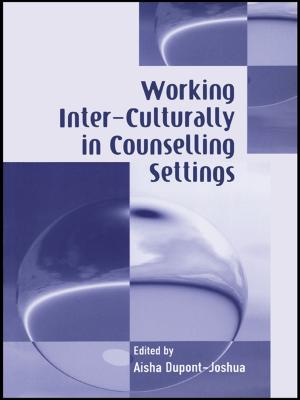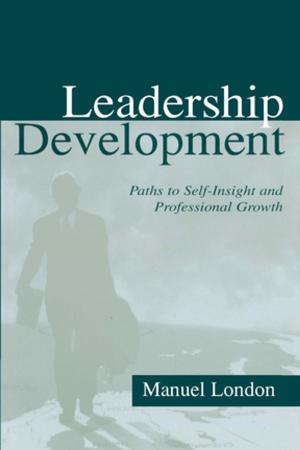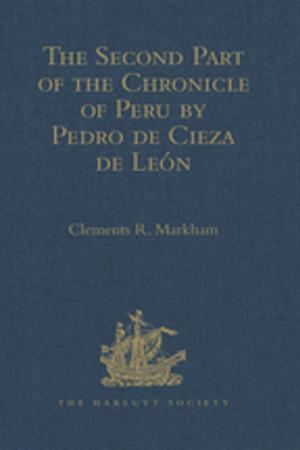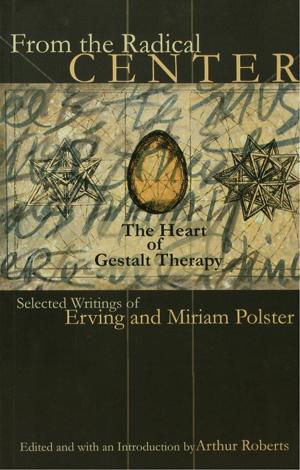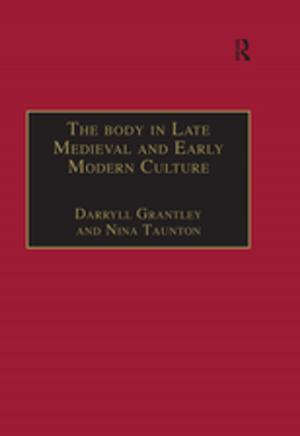Victoria Welby and the Science of Signs
Significs, Semiotics, Philosophy of Language
Nonfiction, Reference & Language, Language Arts, Communication| Author: | Susan Petrilli | ISBN: | 9781351295987 |
| Publisher: | Taylor and Francis | Publication: | September 8, 2017 |
| Imprint: | Routledge | Language: | English |
| Author: | Susan Petrilli |
| ISBN: | 9781351295987 |
| Publisher: | Taylor and Francis |
| Publication: | September 8, 2017 |
| Imprint: | Routledge |
| Language: | English |
Victoria Welby (1837–1912) dedicated her research to the relationship between signs and values. She exchanged ideas with important exponents of the language and sign sciences, such as Charles S. Peirce and Charles S. Ogden. She examined themes she believed crucially important both in the use of signs and in reflection on signs. But Welby's research can also be understood in ideal dialogue with authors she could never have met in real life, such as Mikhail Bakhtin, Susanne Langer, and Genevieve Vaughan.
Welby contends that signifying cannot be constrained to any one system, type of sign, language, field of discourse, or area of experience. On the contrary, it is ever more developed, enhanced, and rigorous, the more it develops across different fields, disciplines, and areas of experience. For example, to understand meaning, Welby evidences the advantage of translating it into another word even from the same language or resorting to metaphor to express what would otherwise be difficult to conceive.
Welby aims for full awareness of the expressive potential of signifying resources. Her reflections make an important contribution to problems connected with communication, expression, interpretation, translation, and creativity.
Victoria Welby (1837–1912) dedicated her research to the relationship between signs and values. She exchanged ideas with important exponents of the language and sign sciences, such as Charles S. Peirce and Charles S. Ogden. She examined themes she believed crucially important both in the use of signs and in reflection on signs. But Welby's research can also be understood in ideal dialogue with authors she could never have met in real life, such as Mikhail Bakhtin, Susanne Langer, and Genevieve Vaughan.
Welby contends that signifying cannot be constrained to any one system, type of sign, language, field of discourse, or area of experience. On the contrary, it is ever more developed, enhanced, and rigorous, the more it develops across different fields, disciplines, and areas of experience. For example, to understand meaning, Welby evidences the advantage of translating it into another word even from the same language or resorting to metaphor to express what would otherwise be difficult to conceive.
Welby aims for full awareness of the expressive potential of signifying resources. Her reflections make an important contribution to problems connected with communication, expression, interpretation, translation, and creativity.


